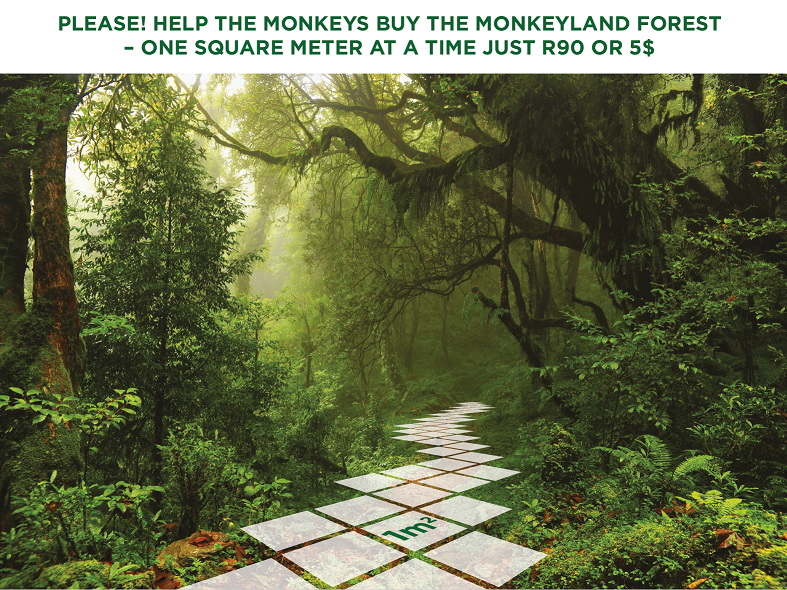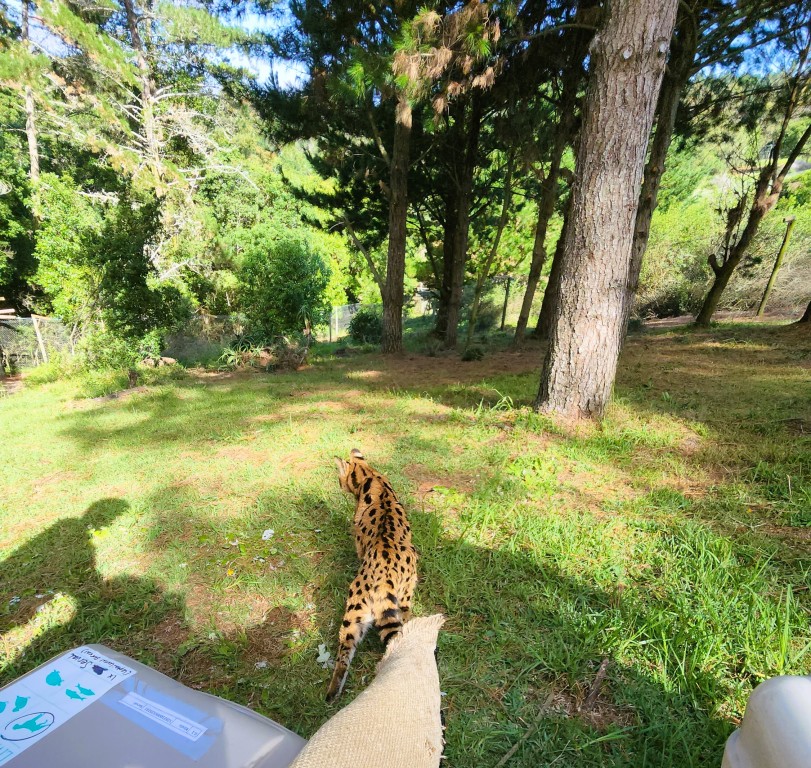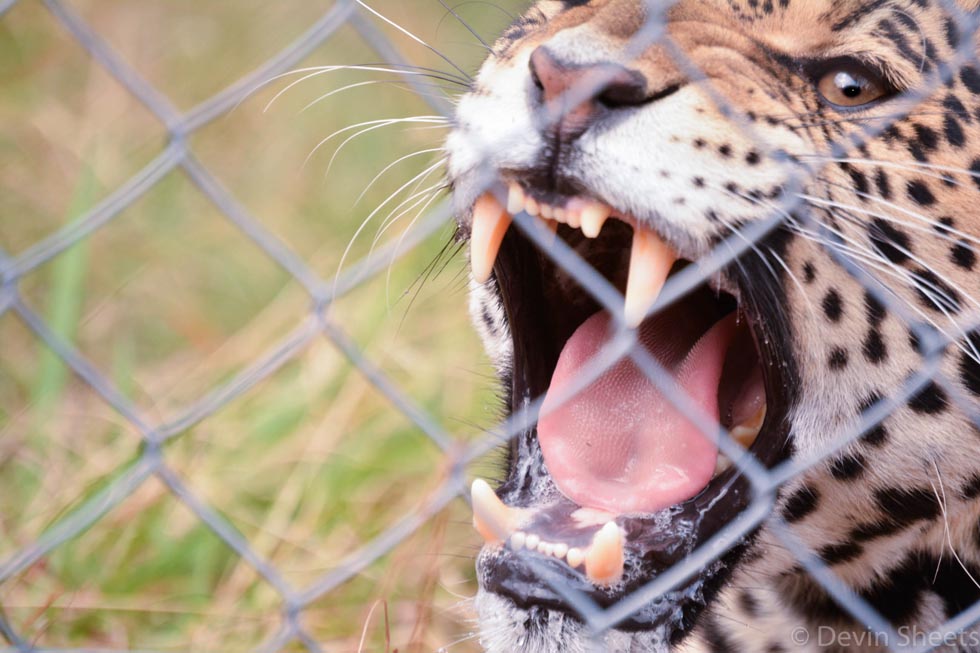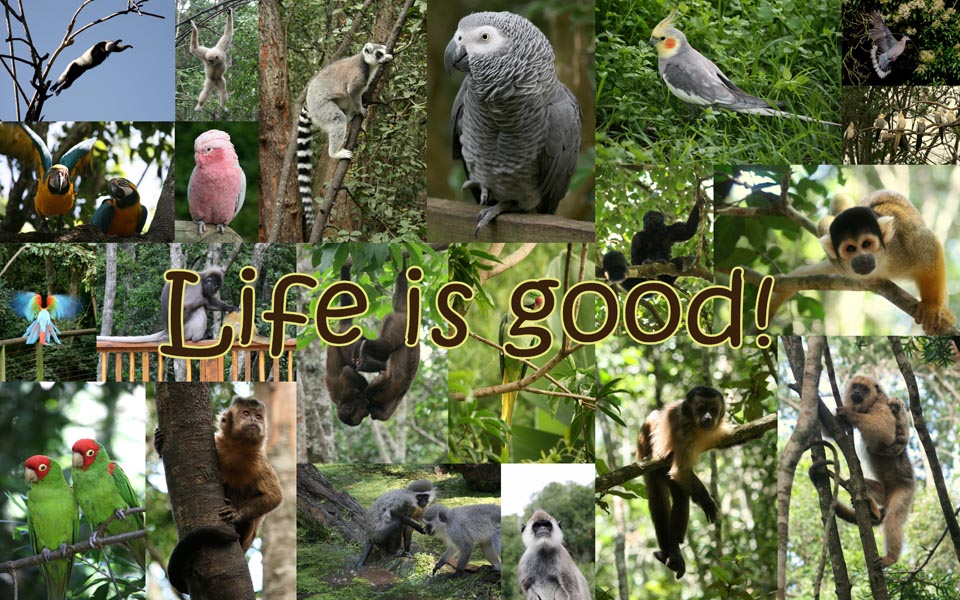WHY SHOULD I BUY A SQUARE METRE FOR THE MONKEYS?
Monkeyland – the world’s first free-roaming multi-species primate sanctuary – has embarked on an innovative project to transfer ownership of its property near Plettenberg Bay to the monkeys, lemurs, and gibbons in its care.
This in itself is a world first: although animals have rights in many countries, nowhere are they able to own the land on which they live.
Monkeyland has found a way around this, though: once the sale is completed, the land is to be held in trust by the South African Animal Sanctuaries Alliance (SAASA), the public benefit organisation (PBO) and not-for-profit company currently responsible for the well-being of the animals at Monkeyland, Monkeyland-KZN, Jukani Wildlife Sanctuary, and Birds of Eden.
MONKEYLAND PRIMATE SANCTUARY
“No non-human animal escapes human domination… much of the time, that domination inflicts wrongful injury on animals,” writes University of Chicago law professor Martha Nussbaum in her new book, Justice for Animals: Our Collective Responsibility[1] (Simon & Schuster).
Nussbaum’s framework for articulating the rights owed to animals – the ‘Capabilities Approach’ – asserts that “each sentient creature... should have the opportunity to flourish in the form of life characteristic for that creature.”
This is fundamental to Monkeyland’s ethos. The sanctuary was founded in 1988 to provide a safe haven where previously captive animals could be homed in conditions approximating their natural environments, where they’re free to associate and bond with others of their kind, and where they’re free from direct contact with humans. It also aims to increase awareness about the plight of caged and captive animals, and to foster a greater understanding of primates in general.
Most of the species represented here come from other countries, which makes it impractical to release individuals brought to the sanctuary into the wild in South Africa. While Monkeyland will never trade its animals commercially, habitat destruction in their native lands does mean that the primates at Monkeyland could conceivably become a store of genetic material in the case of population collapse. (‘We will only ever consider relocating animals in cases where they’re to be reintroduced to the wild,” said SAASA CEO, Tony Blignaut.)
Monkeyland finances its work through tourism, generating the income it needs to keep more than 600 primates fed, housed, and properly cared for.
AWARD-WINNING SANCTUARIES
From the outset, Monkeyland, like its sister sanctuaries in the SAASA stable, has enforced a strict no-touch policy – a policy that’s now being adopted by animal sanctuaries throughout the world.
This has no doubt been a major motivator behind the many responsible tourism awards that SAASA has received – including joint Overall Winners (with Brazil’s Campo and Parque Dos Sonhos), and joint Gold Award Winners (with UK-based World Animal Protection) for the Best Animal Welfare Initiative in the 2014 World Responsible Tourism Awards, and Leading Major Tourist Attraction in Skål International’s 2019 Sustainable Tourism Awards.
MONKEYLAND UNDER THREAT?
Monkeyland operates on land belonging to a proprietary limited company but, according to SAASA’s marketing manager, Lara Mostert, “it’s a very desirable property in a very desirable part of the country – and, especially if future generations of shareholders don’t share our passion for the animals, there’s nothing stopping the directors from selling it off for, say, an upmarket housing development in the trees.
“That would leave the monkeys who live here without anywhere to go.”
The one logical solution to mitigating this threat was to sell the land to the monkeys – and this SAASA has decided to do through a crowdfunding campaign that’s selling the land off in donations of one square metre at (or R90) per metre.
WHY SHOULD I BUY?
“There are plenty of reasons that would attract people to donate to this project,” said Lara. “Personally, I’ve bought my square metres because I think animals should be able to own land. All around the world, we’re taking more and more space away from wildlife, and this is a small way of turning the tide. Helping the monkeys own their own forest appeals to me as an animal lover – and, since I don’t have children of my own, this is one way I can leave a legacy behind for the benefit of the animals I love.”
Other reasons for donating put forward by people who’ve bought their square metres for the monkeys include:
- Accountability (“monkeys are better than humans. A board of directors of monkeys would never take their fellow monkeys’ land away”);
- For my children’s sake;
- To leave a legacy;
- To be part of a very innovative real estate deal where animals are the benefactors;
- For the bragging rights;
- Turning a wrong into a right appeals to me as an animal person.
TAX DEDUCTIBLE
Buying lots also makes sound business sense: since SAASA is a registered PBO and not-for-profit organisation, the donations it receives are tax deductible in terms of section 18A of the Income Tax Act. SAASA can thus issue tax exemption certificates to donors on request.
Lara pointed out that purchases of square meters for the monkeys take the form of donations. “You won’t personally own the square meter of land – but every square meter you buy is numbered and recorded on our website, and on request you’ll receive a printable certificate proving your dedication to the future welfare of the primates at Monkeyland,” she said. (See map: MAP)
“Monkeyland will provide donors who put (R900) or more into the project with a free tour of the sanctuary, which would normally cost R320.”
In a world in which everything seems to be getting worse all the time, buying square metres for monkeys certainly does seem to make a stand against the status quo.
“And it’s not only about the monkeys,” said Tony. “Hopefully ownership of their own land will become a model that can be rolled out to many different animal species and even entire wildlife habitats around the globe.”







